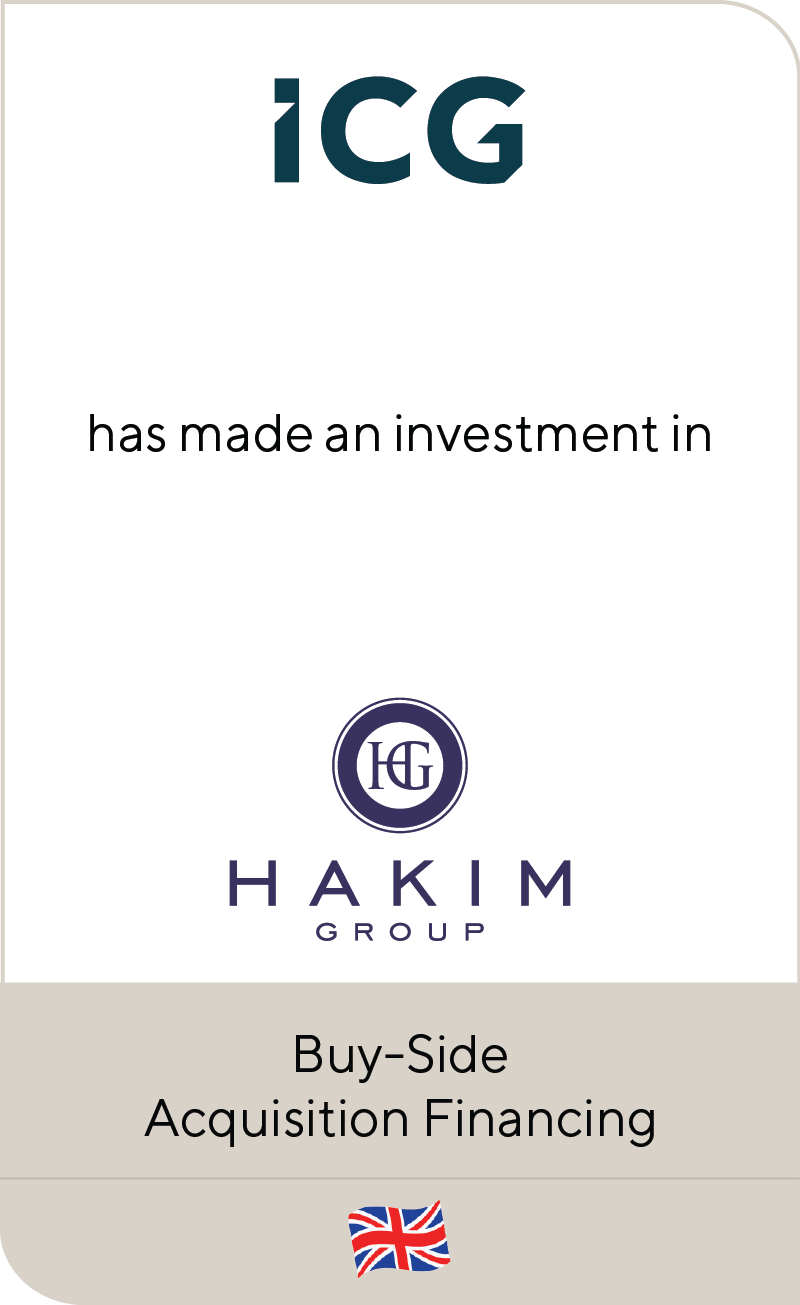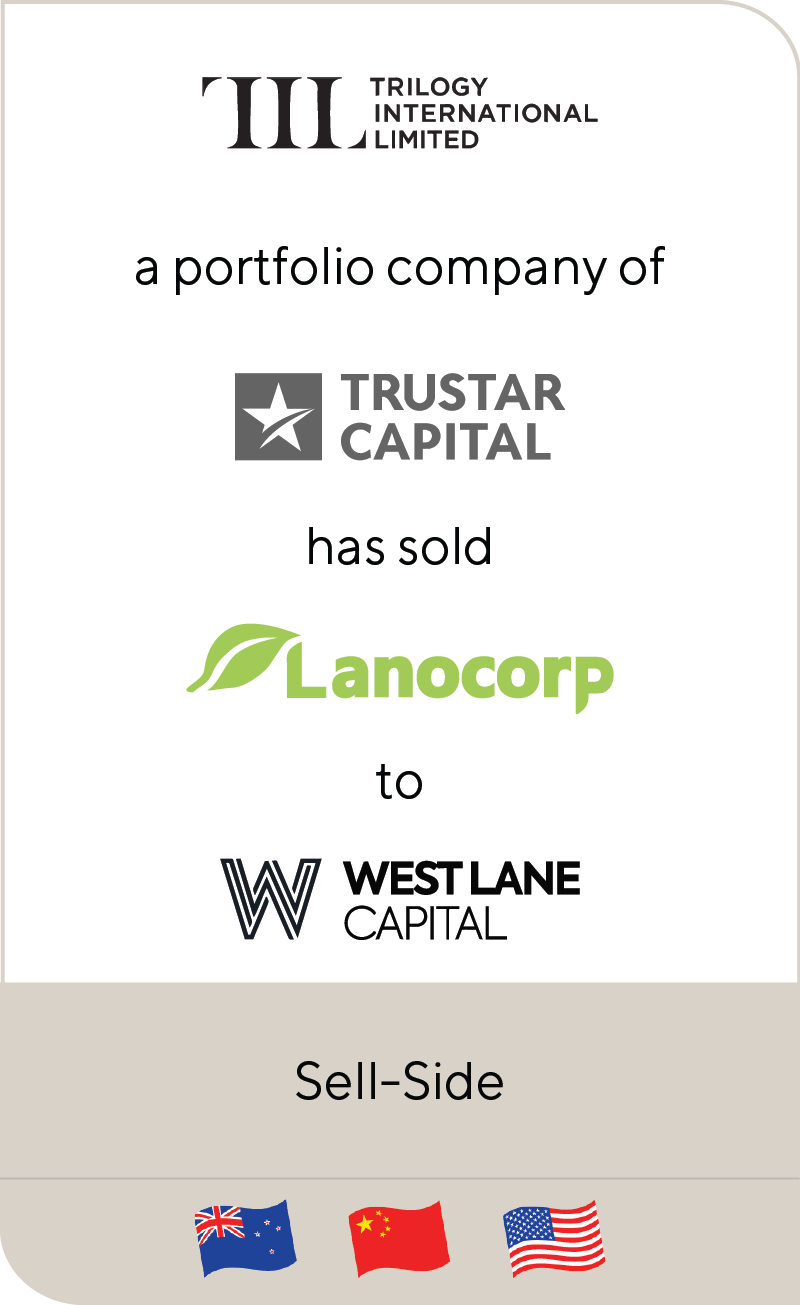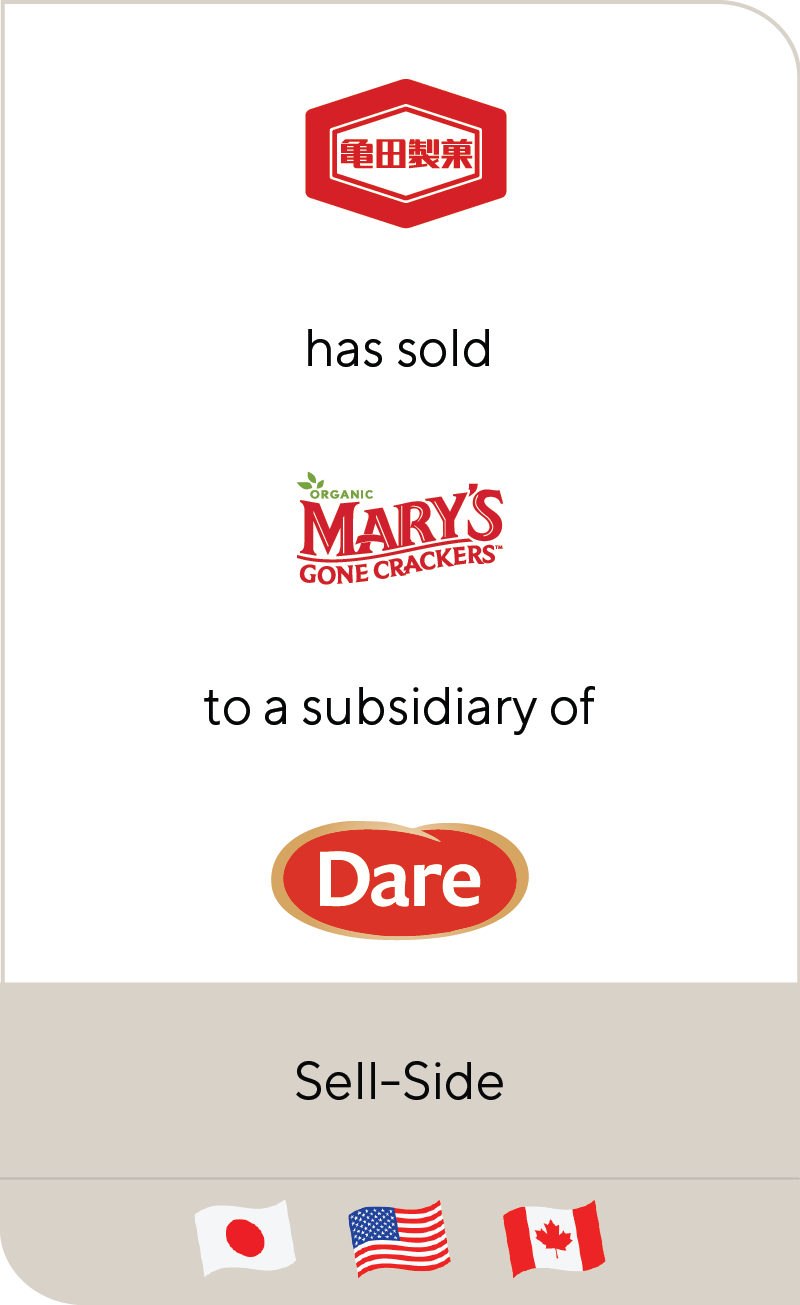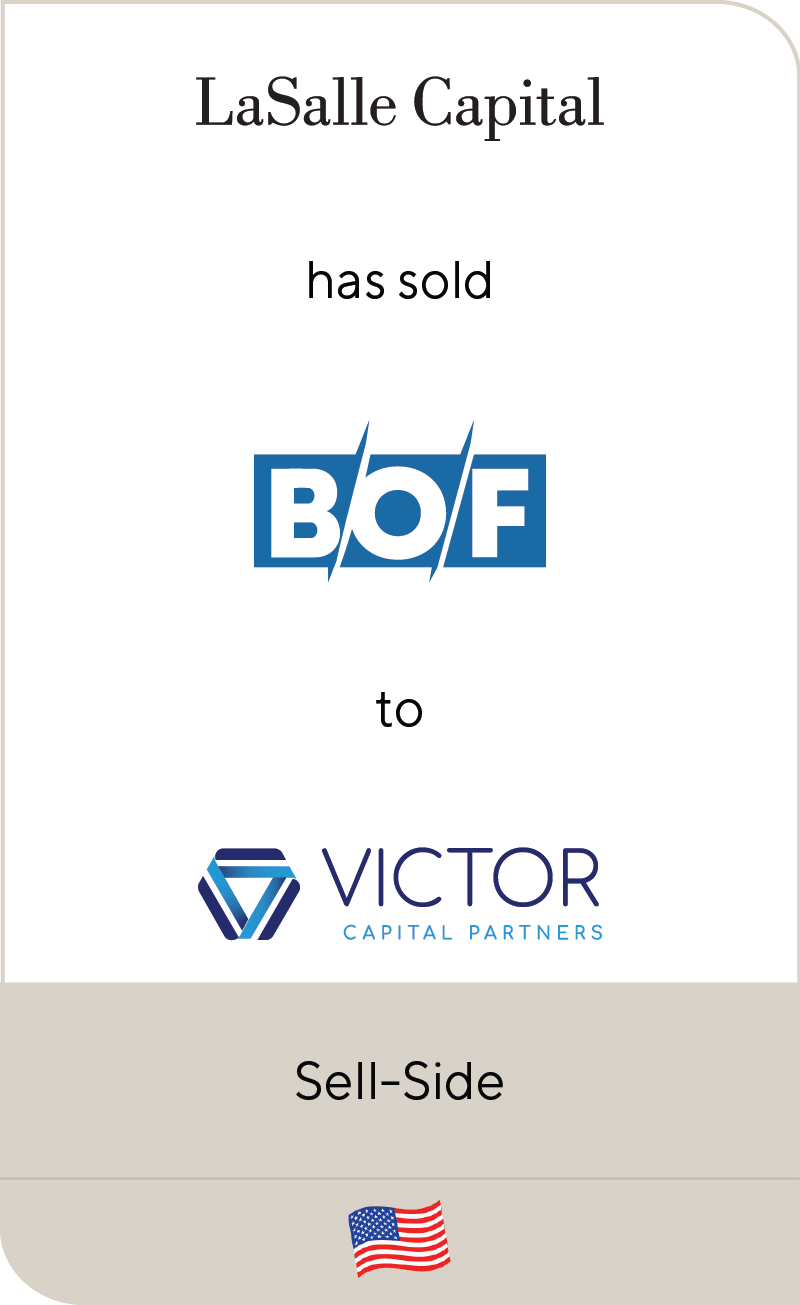The Grocer | Rise of Specialty Ingredients Attracts Investor Interest
Originally published by The Grocer on June 12, 2025
Summary
-
Alex Masters and Tom Cunningham review the challenges present in the specialty food industry, as well as the key role it plays in the value chain that continues to drive investor interest.
- Sign up to receive Lincoln's perspectives
The F&B Market is Choppy
The food and beverage industry continues to navigate a challenging environment. Consumer spending remains subdued, the evolving regulatory landscape still presents new hurdles, such as the recent extension of HFSS regulations to additional dairy products and the EFSA ban on certain smoke flavourings. Cost inflation persists for cocoa and other commodities, as well as for labour, with the UK for instance hit by the dual impact of increases in National Insurance and the National Minimum Wage.
Meanwhile, discerning consumers increasingly want new tastes with cleaner labels that are understandable and comprise natural ingredients, but that are also convenient and offer value-for-money.
The result is an industry which must balance multiple demands. In this context, the speciality ingredients sector is becoming increasingly central to food and beverage companies.
The Value Add of Speciality Ingredients
The speciality ingredient sector develops flavours and ingredients that perform sensory roles, including the taste, appearance, smell and mouthfeel of the finished product, as well as functional ones that add nutritional and other benefits, including nutraceuticals, enzymes, cultures and preservatives. Whilst specialty ingredients typically represent less than 10% of the finished product cost, they play a critical role in performance.
Companies in the sector add value in different ways. One approach is to develop application-led solutions centred on multi-functional ingredient combinations to solve customer problems at the product level. Sugar, for example, contributes not just sweetness but also preservation and mouthfeel. Replacing it is not as simple as swapping in a single sweetener. Instead, companies like Tate & Lyle develop tailored systems that combine fibres, natural sweeteners and texturants to replicate sugar’s full functional profile across categories like bakery and beverages.
A second approach is to develop novel, IP-rich solutions leveraging biotechnology including enzyme solutions, such as those developed by ABFI. Enzymes play an important and multi-functional role, including as a processing aid to reduce energy costs and as a preservation solution to extend shelf-life.
Large, leading speciality ingredients businesses have portfolios that can pursue both approaches across sub-sectors, providing critical products and services that manufacturers rely on for reducing processing costs and driving innovation.
Attractive Fundamentals
Whilst not immune to the challenges faced by the wider industry – many sector participants were de-stocked in 2023 as supply-chains normalised and consumer demand waned post-COVID – the sector nonetheless benefits from many attractive attributes.
The speciality food ingredients market is estimated to be worth around £3 billion in the UK and £20 billion across Europe, and it is expected to grow at about 5% annually through 2029, in part due to increasing inclusion rates and the emergence of new category and product innovations. Leading speciality ingredients companies have portfolios that can address emerging key market trends and therefore benefit from volume tailwinds. Furthermore, despite consolidation, the market remains fragmented, with the top four players holding an estimated 20% market share, according to Source Mordor Intelligence.
Companies often have proliferated client-bases spanning multiple geographies, channels and products, which reduces exposure to specific customers or market trends. Given the key role a proven ingredient system performs for the finished product – whilst representing a small part of the cost – as well as switching complexities, client partnerships are therefore characterised by high levels of co-creation and longevity.
The Acquisition Environment
To fill capability gaps, many corporates have turned to M&A. Tate & Lyle’s November 2024 £1.4 billion acquisition of CP Kelco, a provider of pectin, speciality gums and other natural ingredients, supports its solutions for mouthfeel, sweetening and fortification. ADM strengthened its wider flavours portfolio by the acquisition of beverage flavours and functional systems formulator Fuerst Day Lawson in January 2024. Kerry’s acquisition of part of the lactase enzymes business of Chr. Hansen and Novozymes in April 2024 enhances its biotechnology solutions for lactose-free and sugar reduced dairy products.
Private equity is active too. In September 2024, BGF invested in PlantEx, a formulator of flavours and colours that is addressing the growing demand for natural and innovative launches. In August 2023, Exponent acquired Natara, a manufacturer of natural base aromas whose portfolio of natural extract solutions supports the flavour and fragrance industry with cost effective yet natural inputs. Further M&A is expected over coming-years as large corporates continue to sharpen their portfolios and private-equity backed platforms continue to consolidate (Solina, Nactarome and Novataste as notable examples)
The challenges presented to the industry shine a light on the dynamism of the speciality ingredients sector and its key role in the value chain, creating value both for clients as well as investors.
Contributors

I take a long-term approach to building relationships and understanding clients' businesses in order to provide timely and relevant advice.
Alex Masters
Managing Director & Co-head of Consumer, Europe
LondonRelated Perspectives
in Consumer









